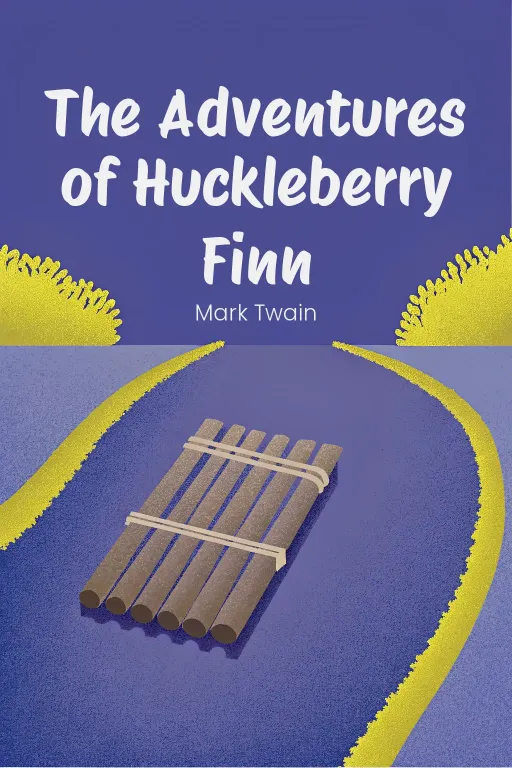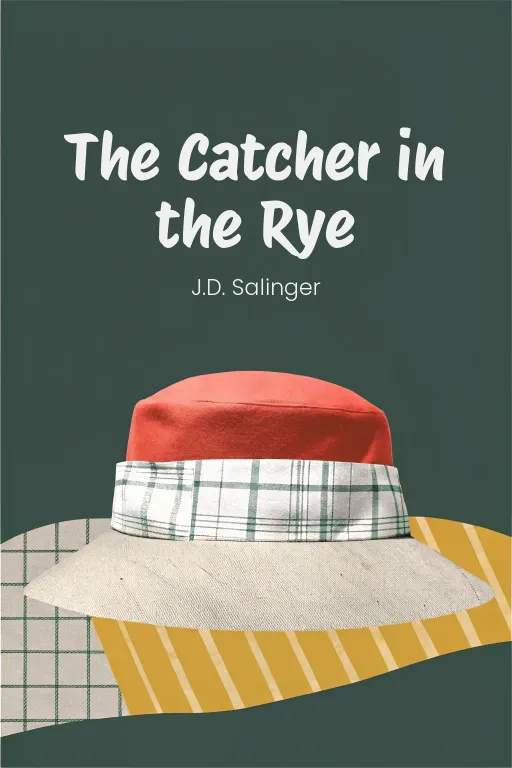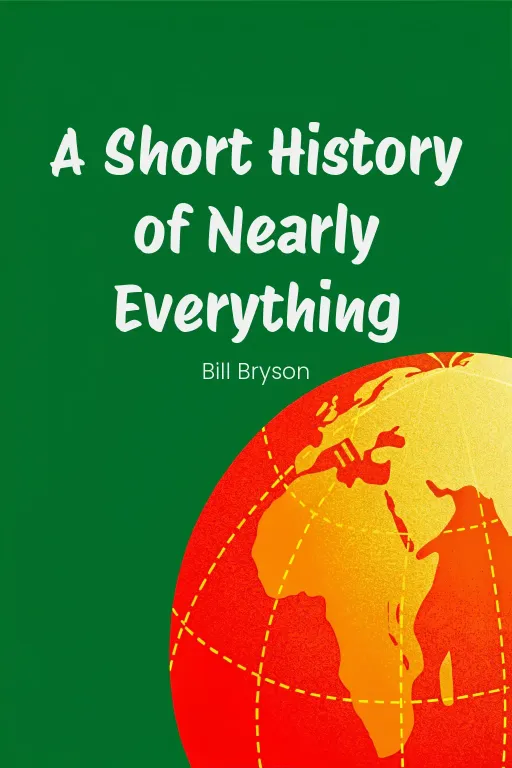
Dare to Drift: Conscience Over Crowd
Podcast by Timeless Pages with Shakespeare and Austen
Freedom, Civilization, and Prejudice in the Pre-Civil War South
Dare to Drift: Conscience Over Crowd
Austen: "All right, then, I’ll go to hell." A rather startling declaration, is it not? Welcome, dear listeners, to Timeless Pages. I am Jane Austen, and today we explore Mark Twain’s The Adventures of Huckleberry Finn. Austen: Mr. Twain’s novel follows young Huck Finn, who fakes his own death to escape his dreadful father and the constraints of ‘civilization’, journeying down the Mississippi River on a raft with Jim, an escaped slave seeking freedom. Set in the morally complicated pre-Civil War American South, their voyage forces Huck to confront the absurdities and cruelties of his society, testing his loyalties and shaping his understanding of right and wrong as they navigate the river’s unpredictable course. Austen: The heart of this tale lies in the conflict between Huck’s developing conscience and the deeply flawed morality society imposes upon him. Twain, writing after the Civil War but setting the story pointedly before it, uses the grim reality of slavery to critique enduring human failings. Huck is taught Jim is property, yet their shared experiences reveal Jim’s humanity. Huck’s famous decision to help Jim, defying law and risking damnation with his cry, "All right, then, I’ll go to hell!", is a powerful rejection of a society valuing property over people. Is this struggle truly unfamiliar today? We often see individuals pressured by group opinion—perhaps the modern digital crowd—to silence personal conviction for social acceptance. Austen: Now, Mr. Twain’s portrayal of society is certainly less refined than my observations of Bath! Yet, we share a purpose. Where I use irony to expose drawing-room follies, Twain employs satire and a boy’s blunt view to reveal profound moral failures – prejudice, violence, cruelty masked as custom. Both Huckleberry Finn and, dare I suggest, my own Pride and Prejudice, question accepted values, urging us past appearances. Consider Huck's raft: a small haven where true connection forms away from judging eyes. Is this not like finding a trusted confidante online today? That private chat becomes a small raft, preserving honesty against the current of public performance. Austen: Consider Huck and Jim adrift on that vast river. Where might your own conscience lead you, if you dared push away from the shore of expectation? Until next time on Timeless Pages.









